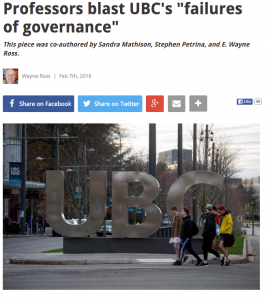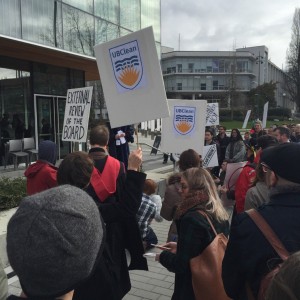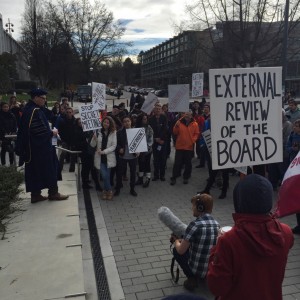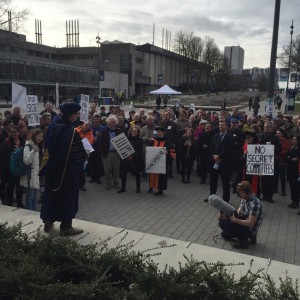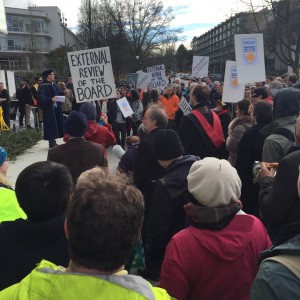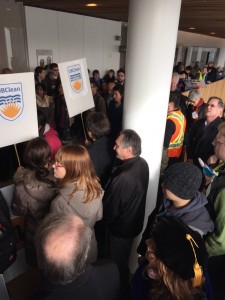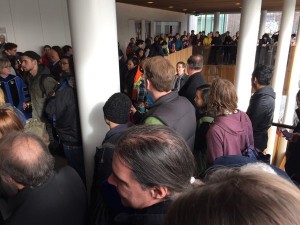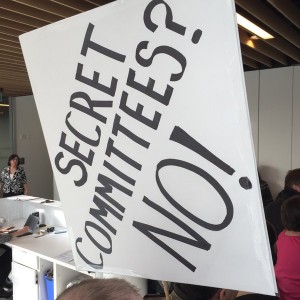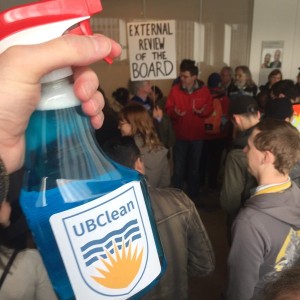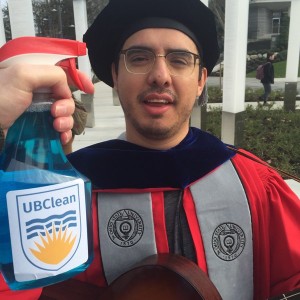Here in Vancouver you learn to live with the months of rain and overcast skies and when the sun shines you can feel the happy vibe just about everywhere you go.
But there is at least one group of folks in Rain City who will do just about anything to avoid sunshine and they’re not vampires, as far as I know. I’m talking about the University of British Columbia Board of Governors and they are apparently trying to suck the life out the university.
On August 7 the UBC Board of Governors announced the departure of the university’s president, Arvind Gupta.
The 13th president of UBC resigns, with no explanation, 13 months into a four year term. For all we know Gutpa resigned because triskaidekaphobia.
(Here’s my overview of the UBC leadership debacle up to yesterday).
The mystery surrounding Gupta’s departure and the Board’s (and Gupta’s) silence on the matter has stirred up quite a bit a speculation. Board chair John Montalbano has constructed a wall around himself, built with non-disclosure agreements and appeals to personnel case privacy so as to control information and thus avoid accountability for Board decision-making.
The Board’s lack of transparency and full communication is not new, indeed this board that has gone to great lengths to make their deliberations inaccessible and keep the public ignorant.
The UBC Board even keeps the contact information for Board chair Montalbano and UBC Chancellor Lindsay Gordon under wraps.
It’s clear that UBC Board of Governors needs a big old dose of sunshine on their activities to hold them accountable for their actions.
One response to current UBC leadership crisis would be for real open government regulations to be enacted for the university and the provincial government as a whole.
We’re in dire need of some sunshine laws to make meetings, records, votes, deliberations and other official actions available to the public. Without these, a small number of appointees are able to make major decisions about a public institution under a cloak of invisibility.
Related posts:
How not to run a university (Part 3): The art of misdirection [updated]
How not to run a university (Part 2): Intimidation, bullying & harassment at UBC
Arvind Gupta: Known knowns, known unknowns, unknown unknowns …
